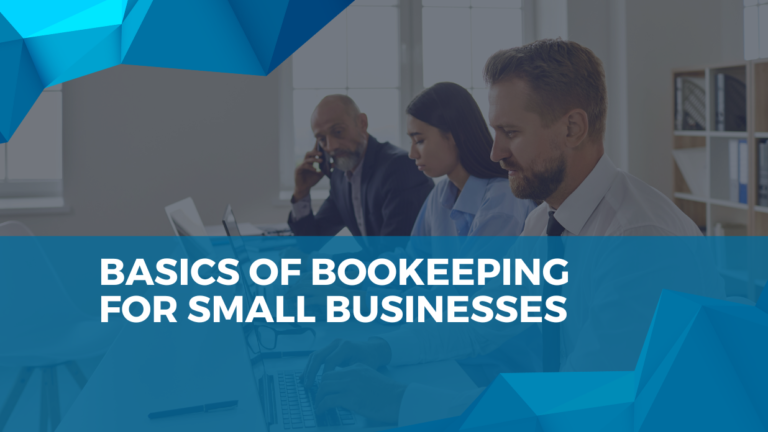Running a successful business means staying on top of your tax obligations. With significant changes announced in the 2024 Autumn Budget, understanding corporation tax is more important than ever for UK businesses. Let’s break down what you need to know and how these changes might affect your company.
The Basics: What is Corporation Tax?
Corporation tax is the tax your company pays on its profits. Think of it as the business equivalent of income tax that individuals pay. It applies to:
- Profits from trading
- Investment income
- Gains from selling assets
If you’re new to managing business finances, you might find our guide on choosing the right accountant helpful for professional support with tax planning.
Understanding the New Tax Rates
The 2024 Autumn Budget confirmed a tiered system that works like this:
For Smaller Businesses (Profits up to £50,000)
You’ll pay the small profits rate of 19%. This lower rate helps smaller businesses manage their tax burden while growing their operations.
For Medium-Sized Businesses (Profits between £50,000-£250,000)
You’ll benefit from marginal relief – a gradual increase in the tax rate as your profits rise. This prevents sudden jumps in your tax bill as your business grows.
For Larger Businesses (Profits over £250,000)
You’ll pay the main rate of 25%. While this might seem high, it’s still the lowest rate among G7 countries, helping keep the UK competitive internationally.
What’s New in 2024?
The Autumn Budget brought several important changes that could affect your business planning:
Long-Term Certainty
The government has committed to capping the main rate at 25% throughout this Parliament. This stability helps you plan ahead with confidence. For tips on long-term financial planning, check out our bookkeeping essentials guide.
Investment Support
To encourage business growth, you can now claim:
- 100% tax relief on new equipment through permanent full expensing
- Up to £1 million in Annual Investment Allowance
- Enhanced relief for research and development
If you’re considering ways to grow your business efficiently, our article on cloud accounting software explains how technology can help you track these investments and claims.
Planning Your Tax Strategy
Timing Matters
Smart timing of income and expenses can significantly impact your tax bill. Consider:
- When to make major purchases
- When to recognize income
- How to balance expenses between tax years
Making the Most of Relief Options
You can reduce your tax bill through various reliefs:
- Capital allowances for equipment and machinery
- Research and Development relief for innovation
- Loss relief if you’ve had a difficult year
For more detailed advice on managing business expenses and planning ahead, see our tax season survival guide.
Getting Your Tax Return Right
Key Deadlines to Remember
- File your return within 12 months after your accounting period ends
- Pay your tax within 9 months and 1 day after your accounting period ends
Common Pitfalls to Avoid
- Missing deadlines and incurring penalties
- Incorrectly categorizing expenses
- Forgetting to claim available reliefs
- Making errors in calculations
Going International?
If your business operates internationally or you’re planning to expand overseas, you’ll need to consider:
- Rules about permanent establishments
- Transfer pricing requirements
- Double taxation agreements
- Overseas expansion implications
For detailed guidance on managing international tax obligations, our VAT guide includes valuable insights for cross-border trade.
Looking Ahead: Future Changes
The government has announced plans to:
- Review how pre-development costs are treated
- Consider extending full expensing to leased assets
- Provide more certainty for major investment projects
- Simplify the tax system for businesses
Need Help Managing Your Tax Affairs?
Corporation tax can be complex, and getting it wrong can be costly. If you’re finding it challenging to navigate these requirements, consider working with a qualified accountant. They can help ensure you’re compliant while maximizing available reliefs and planning effectively for the future.
Contact us to discuss how we can help you manage your corporation tax efficiently and compliantly.
Remember: Effective tax planning isn’t just about paying less tax – it’s about understanding your obligations, planning ahead, and making informed decisions that support your business growth while staying compliant with HMRC requirements.

Accounting expert with 14+ years in tax, compliance and financial management. Simplifies solutions for business growth.






[…] If you’re managing multiple tax obligations, consider how VAT timing aligns with your corporation tax and other payment […]